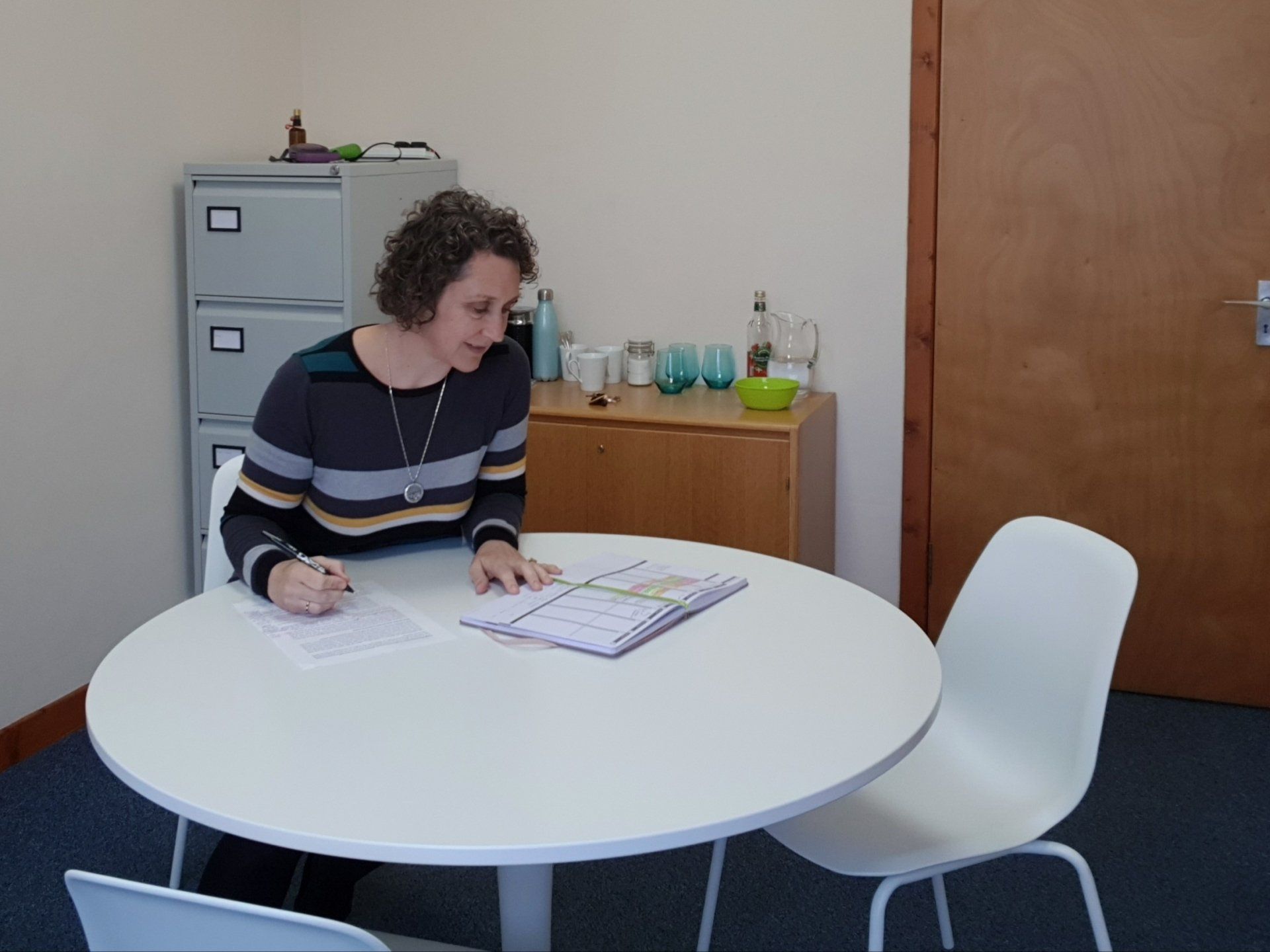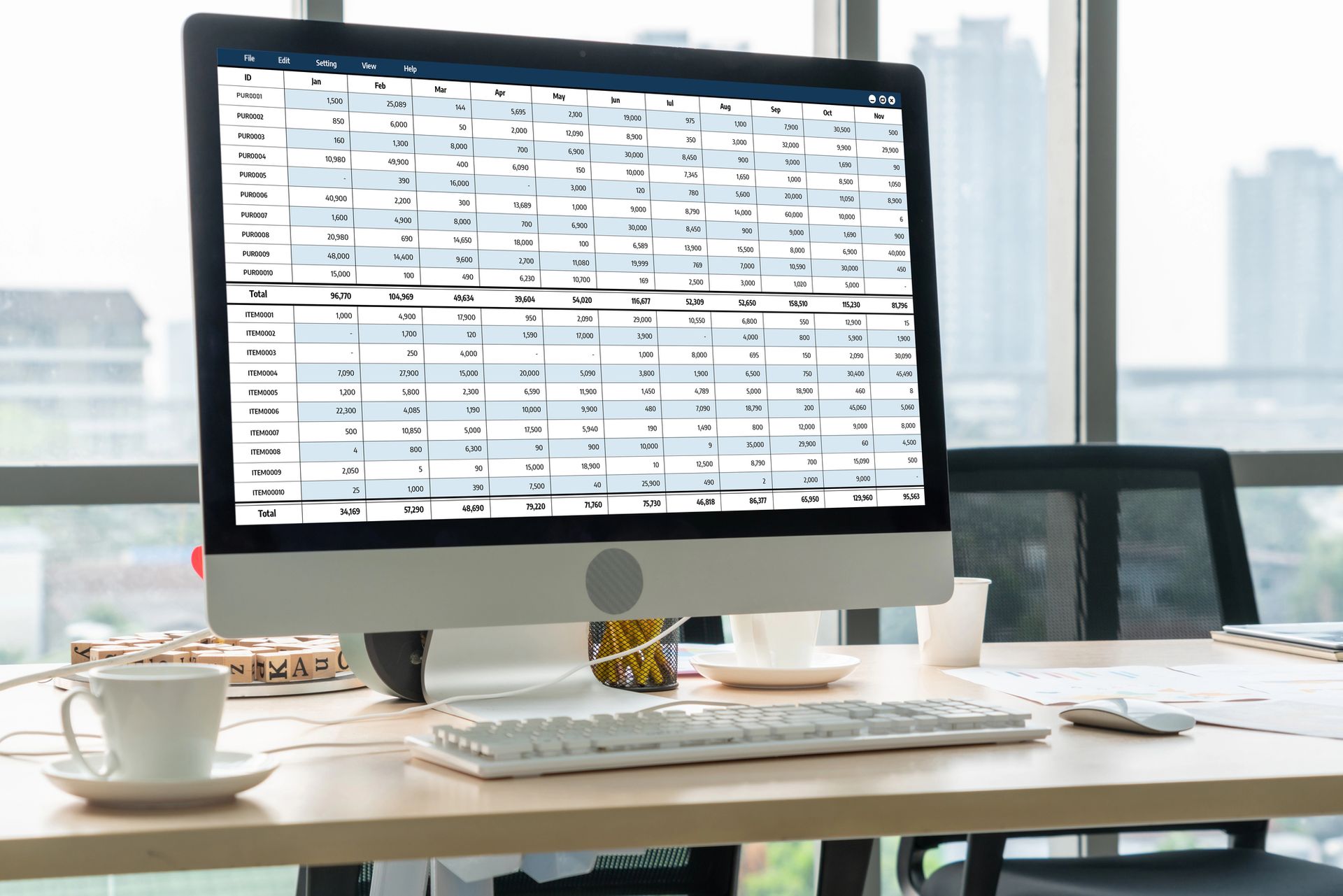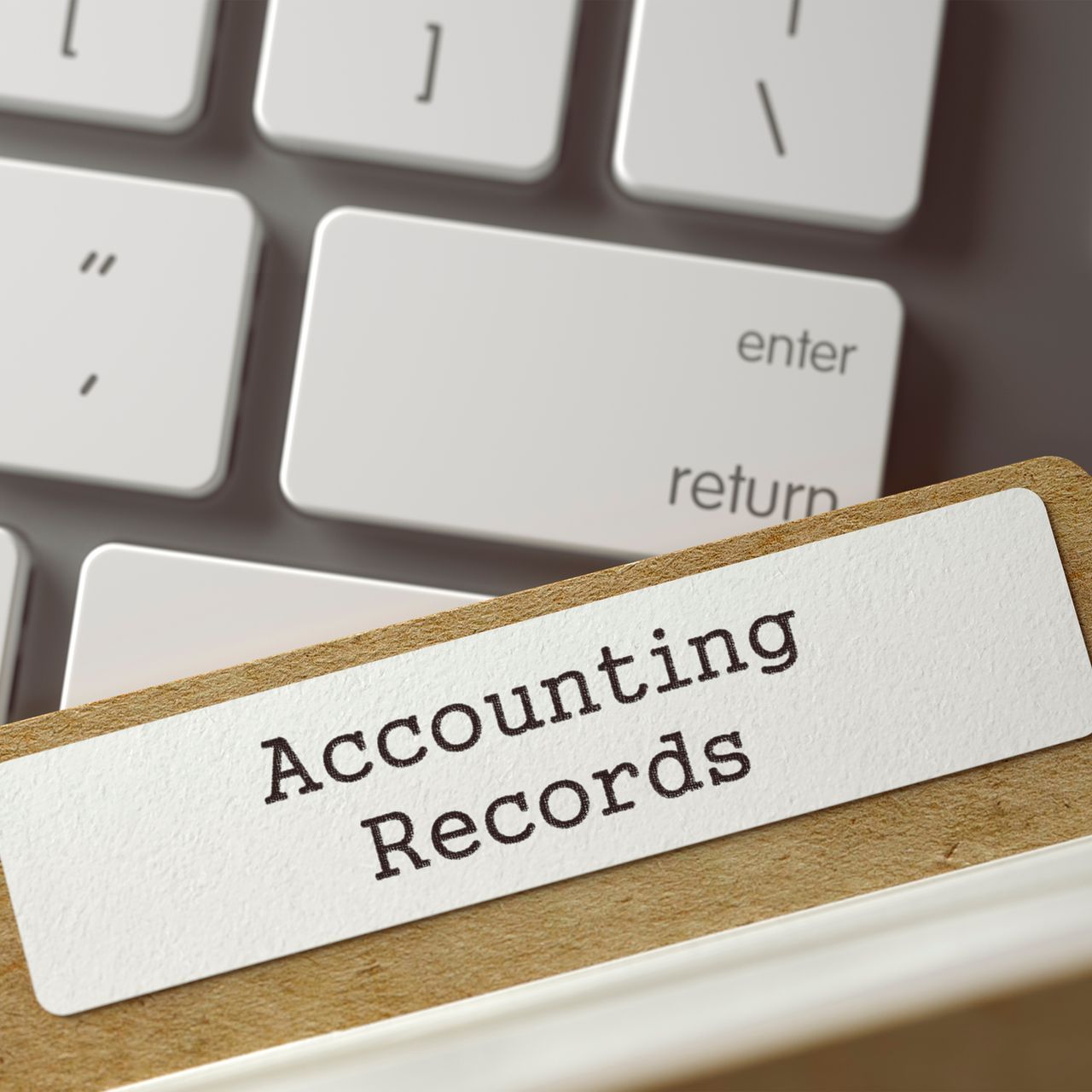What do I need to think about when investing in my business?
Its exciting times at Armet HQ because this week I’ve moved into an office for the first time. I am not the best at snap decision making, preferring instead to mull over things ad infintum, thinking through all the pros and cons. That’s all well and good but sometimes a snap decision is required.
Luckily the decision to move into my office wasn’t one I needed to make in a hurry! I changed my mind many times and the decision-making process was quite protracted but ultimately it came down to whether the value gained by moving to an office outweighed the cost of providing it.
It can be particularly difficult for small businesses and start-ups to make the decision to invest in their businesses when every penny needs to be accounted for. Here are a few suggestions of things to think about when investing in your business.
Can my business afford to pay the ongoing costs involved?
This is where your financial planning comes in. Before you commit to spending any large amount of money on your business make sure you work out what it will cost you and the timing of the expense, including any associated costs.
In the case of taking on the expense of an office, it wasn’t only the rent that I needed to bring into my forecast. Insurance and broadband needed to be considered as well – not to mention the all-important coffee machine.
I plotted all the forecast income and expenses that I had already committed to and then slotted in the costs associated with the taking on the office to ensure that the business could sustain the additional cost.
It’s important that you identify if there are times when the business is likely to run low on cash to cover ongoing bills so that you can make arrangements to fill those gaps with either additional funding or cost savings.
What value is the expenditure bringing to my business?
When you take the decision to invest in the business you usually do so in the anticipation that there will be a positive impact. That impact may not always be primarily financial in nature. Deciding to spend money in order to directly increase your income or cut costs can be a straightforward decision.
It may feel like a harder decision to invest in your staff to improve morale or as a reward for good work, or to save yourself some time that can be spent doing something else that will benefit your business. In these cases, the impact on the finances of the company may be less obvious.
I am expecting that my decision to move into my office will also result in some cost and time savings. Up until now I haven't had premises, so I usually travel to my clients for meetings. Not only did I have the cost of travel to consider, I was also spending a considerable amount of my time travelling. Whilst I am happy to travel to clients when necessary, I hope that most meetings will now take place in my office where I also have immediate access to everything I need to help my clients efficiently. It also means that if I decide to expand my business in the future, I have the space available to bring in a member of staff and house a second filing cabinet!
What decision does my heart want me to make?
I’m a logical person so I tend to make decisions based on facts and figures, but we all have a tendency to listen to our hearts over our heads sometimes. This reminds me of a book I read whilst still a teenager called Dirk Gently’s Holistic Detective Agency. In the book, one of the characters has made his fortune by designing a piece of software that lets you tell it the decision your heart wants you to make. The software then works backwards to justify that decision to you. Make sure that you aren’t operating this same process without noticing!
Of course, going with your gut instinct can have its place but you should also try to rationalise what your heart is telling you. Could it be that you want to make your decision because it will make your working life better or more enjoyable? If so, this may also be a way to gain value out of your investment and your gut decision may align with logic after all.
Speak to an accountant
If you are considering an investment in your business, speak to your accountant before you do so. There are many things that they may be able to help you with.
- Accountants are well placed help you with forecasting your income and expenses to ensure that your business can afford to make the investment
- An accountant may be able to support you raising additional funding to enable you to invest in your business
- An accountant may have suggestions of tax savings that can be made by tweaking the type of investment you are making. For instance, if you decide to invest in a van for your business rather than a car you will receive better cashflow due to a more favourable tax treatment.
- Or they may have seen an alternative solution that has worked well elsewhere.
Of course, you may be on your way to a great decision and you may have it all under control, but it’s always worth checking in for a second opinion and it’s always possible that an accountant could save you more money than it costs for them to do the work!











